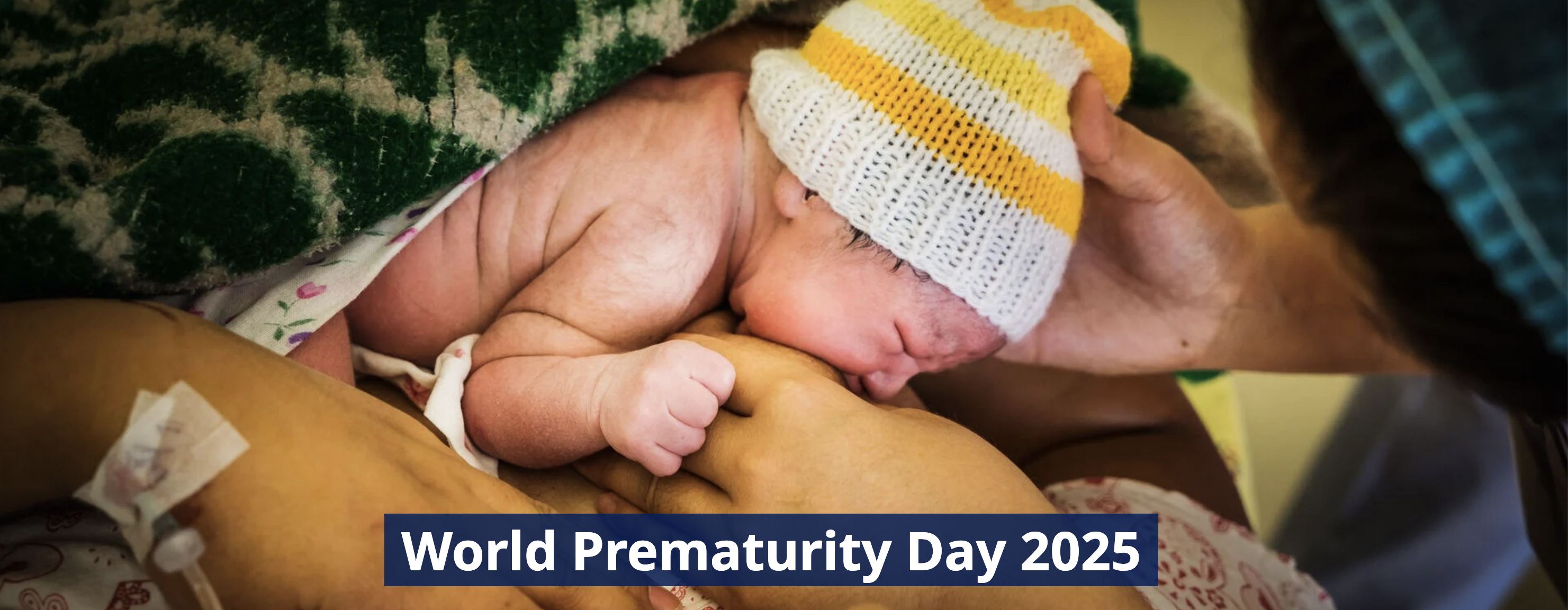Welcome to 99nicu – Your Dedicated Community for Neonatal Care Professionals
At 99nicu, we offer more than just quick exchanges. We provide a space for lasting discussions for neonatal health care professionals. As a member, you’ll join a global network of NICU staff focused on exchanging clinical experiences and best practices.
Unlike fast-paced social media platforms, our community is designed for meaningful, sustained conversations. Find organized forums, webinars and valuable resources that you can revisit and search anytime. Our focus is long-term engagement, ensuring that each interaction contributes to your professional development and the advancement of neonatal care in your context.
Join today and experience a space where your expertise is valued and your contributions make a lasting impact.
Featured Content
Hot Forum Topics
Community News
Upcoming Events
-
Perinatal Care of the Preterm Baby Epidemiology and Ethics
Perinatal Care of the Preterm Baby-Epidemiology and Ethics
This is an online module being organised by the MPROvE Academy starting from the 12th of February till the end of April 2021. The content covered includes limits of viability, prenatal counselling, communication, prognostication, decision making, and a lot more as outlined below. The course has been broken up into content that can be imbibed weekly with a webinar covering that topic. The course has online content, and videos for review by the participants. Participants can access this from anywhere in the world. For more details a video of the course is attached.
For registration please contact Dr Alok Sharma Consultant Neonatologist on draloksharma74@gmail.com
- 0 comments
-
Neonatal Hemodynamics and Targeted Neonatal Echocardiography for Neonatologists - How to Improve Practices and Standards- A Two-Day Course
The Portuguese neonatal Society will be promoting a neonatal hemodynamics course on March 13 and 14, 2026, with the presence of Dr. Patrick McNamara and Dr. Adrienne Rahde Bischoff - Neonatal Hemodynamics and Targeted Neonatal Echocardiography for Neonatologists - How to Improve Practices and Standards- A Two-Day Course, The program includes a range of important neonatologists dedicated to hemodynamics, who will be with us in a hybrid mode.
At this moment we are still organizing all the logistical details of the course - venue and prices. The course will be held in Lisbon
The event's email address is neonatalhemodynamics.portuguesecourse@its-comunicacao.pt and it will also be posted on our website www.spneonatologia.pt, and that of ITs, the company that is supporting us - https://its-comunicacao.pt.
Save the date_Hemod.pdf
- 0 comments
-
"2026 Neonatal Ultrasound Course. Why,how and when an ultrasound image ?"
It is the seventeenth edition of an International Course open to neonatologists,paediatricians,paediatric radiologists,sonographers.It is a practical and theoretical Course.The language is English.The main topics are: US Physics, Quality Assurance and Safety of US,neonatal brain,abdomen,chest,spine,urogenital tract.The lecturers are expert paediatric radiologists. The Course is both on-site and in webinar. CME and UEMS credits are included, but for the participants on-site,only.The Course is endorsed by EFSUMB and SIUMB.
2026 Programme Neonatal US COURSE.pdf
- 0 comments
-
Update on Neurodevelopmental Care in NICU
Update on
Neurodevelopmental Care in NICU
This workshop will concentrate on evidence-based therapeutic intervention programmes in the NICU and provide participants with tools, methods, and improved critical problem-solving abilities. An emphasis will be placed on the NICU environment, sensory experience, and feeding routines that best promote developmental care and offer neuroprotection. There will be group activities with practical takeaways for your own NICU.
1. Discuss key concepts of neuroprotection and stress in the NICU and how the neonatal therapist plays a role.
2. Prepare therapeutic interventions and strategies for the environment, positioning, feeding, sleep, and family support.
3. Develop developmental care for your practice with the very low birth weight infant, the late preterm, and infants with HIE.
4. Demonstrate at least 25 strategies learned to create change in the NICU regarding neurodevelopmental care.
FOR REGISTRATION
- 1 comment
Latest in Links Directory
Who's Online (See full list)
- There are no registered users currently online
Member Statistics
- 7,196 Total Members
- 2,455 Most Online
-
jingle Newest Member ·
_0b6494.png)
_5c07e1.png)
_0d1bd3.png)
_75149d.png)
.png.46d0a7fb69a54c423239e3b3ee3a1103.png)

















